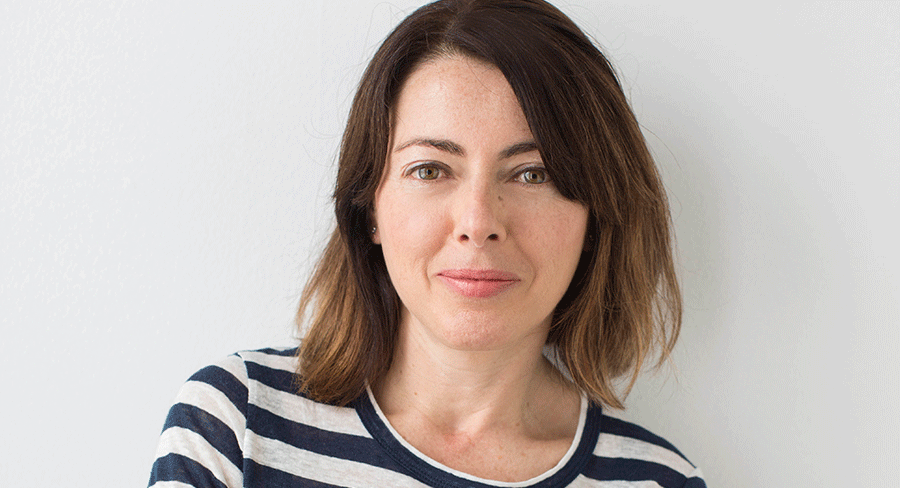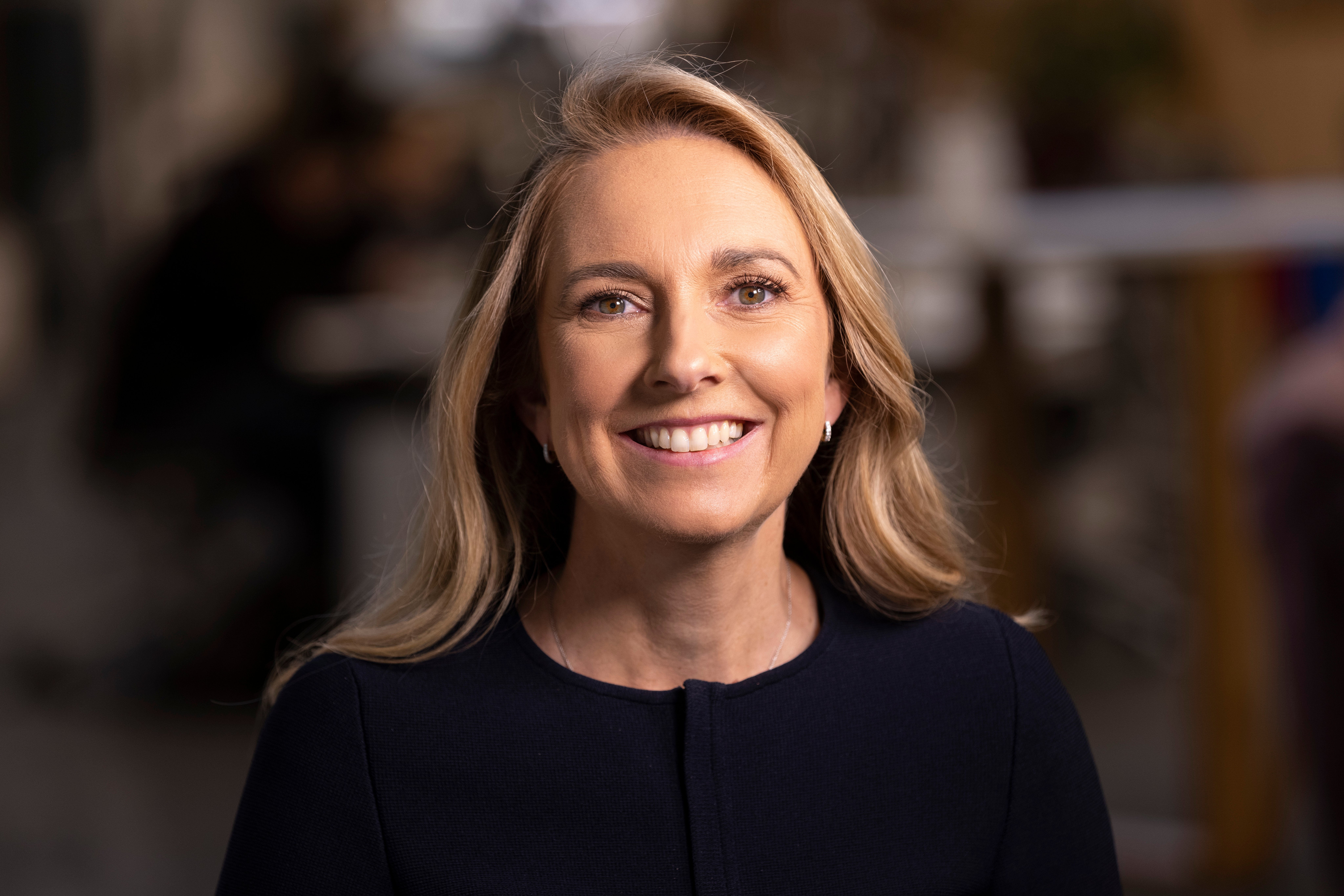The permanent cancellation of the Australian Commercial Radio Awards (ACRAs), confirmed by Commercial Radio & Audio (CRA), has signalled an outpouring of grief from within the radio industry.
Experienced radio producer and co–host of the industry’s Game Changers podcast, Irene Hulme says the end of radio’s ‘night of nights’ represents a great loss for the industry.
“It’s hard to imagine the industry without the ACRAs,” she told Mediaweek. “They’ve been part of radio’s DNA for so long.”
“The ACRAs were the industry’s talent pipeline and quality benchmark. If I was filling a role, the list of ACRA finalists was the first place I would look.”
Hulme added that while the ACRA events were infamous as legendary parties, that was far from all they were.
“It’s not so much the awards ceremony that matters, although that will be missed,” she said. “It’s the lead up to the event, where teams would spend months finessing their entries because the recognition really mattered.”
“Through that process, it gave everyone a chance to reflect on the great content they were creating as a team, as a network.
“And then the anticipation when nominees were announced, the entire industry would collectively jump online at the same time to see who made it through, creating camaraderie as texts flew back and forth congratulating friends and colleagues.”

Irene Hulme
But the economics can’t be ignored. Rising event costs, flat sponsorship opportunities, and an already packed media-awards calendar have undermined the case for staging a lavish stand-alone ceremony.
As CRA CEO Lizzie Young pointed out when the cancellation was announced, the industry body can now focus on events that sustain the industry long-term. Timely and industry-specific conferences like HEARD and initiatives like Sound Start boost the audio industry as a whole from a grass-roots level.
“Our focus on long term sustainability across the industry needs to be our number one priority,” she said.
“After careful consideration in consultation with our Board and Members, we’re directing our resources into initiatives like Sound Start, CRA Audio ID and HEARD, and regulatory matters such as Radio Prominence where we can have the greatest impact supporting our industry’s future.”

CRA’s Lizzie Young
In an email sent to members, the industry body cited “significant cost pressures incurred from ongoing legal matters with the PPCA” as a key reason for pausing the annual celebration of commercial radio’s top talent.
The Phonographic Performance Company of Australia (PPCA) is campaigning to lift the longstanding one per cent royalty cap imposed by the Copyright Act 1968, which governs what radio broadcasters must pay for the use of sound recordings.
But, for thousands of radio employees across the country, who saw the ACRAs as a chance to network, socialise, compete and be recognised for their contribution, it’s tough news to bear in a year where redundancies and cuts are constantly in the headlines.
“It was THE night to look forward to,” said one radio insider who declined to be named. “Yes, it was a huge (sometimes wild) party, but it bonded the industry which often consists of long hours, screaming bosses, mass redundancies of really good people, difficult talent, thankless work and often a pittance financially.
“If you were nominated, or you won, it was the Aussie radio equivalent of winning an Oscar. I know that sounds insane but it was an honour.”
Calls on social media from disappointed radio employees pleaded with the CRA to keep the awards and take them online in place of a live event which would be a cheaper option.
Mediaweek understands the CRA did look at a range of options around holding the ACRAs in a different format but made the final decision after a lengthy decision process and detailed discussions.
